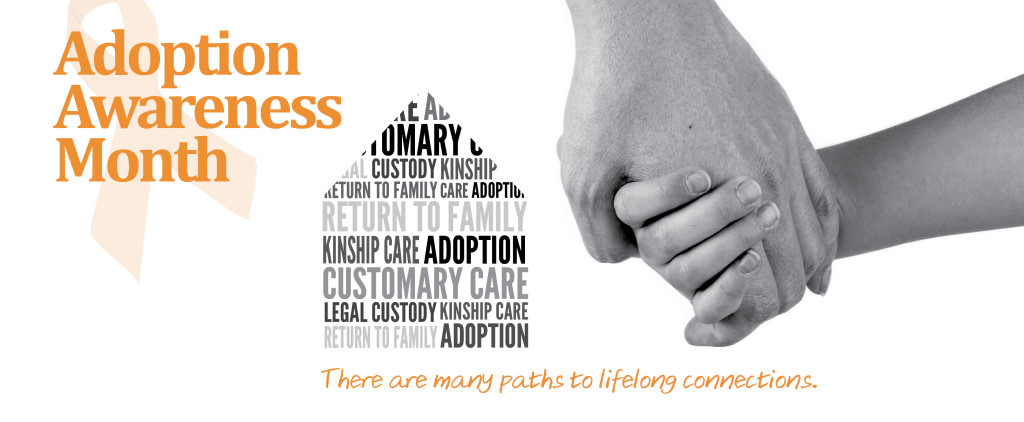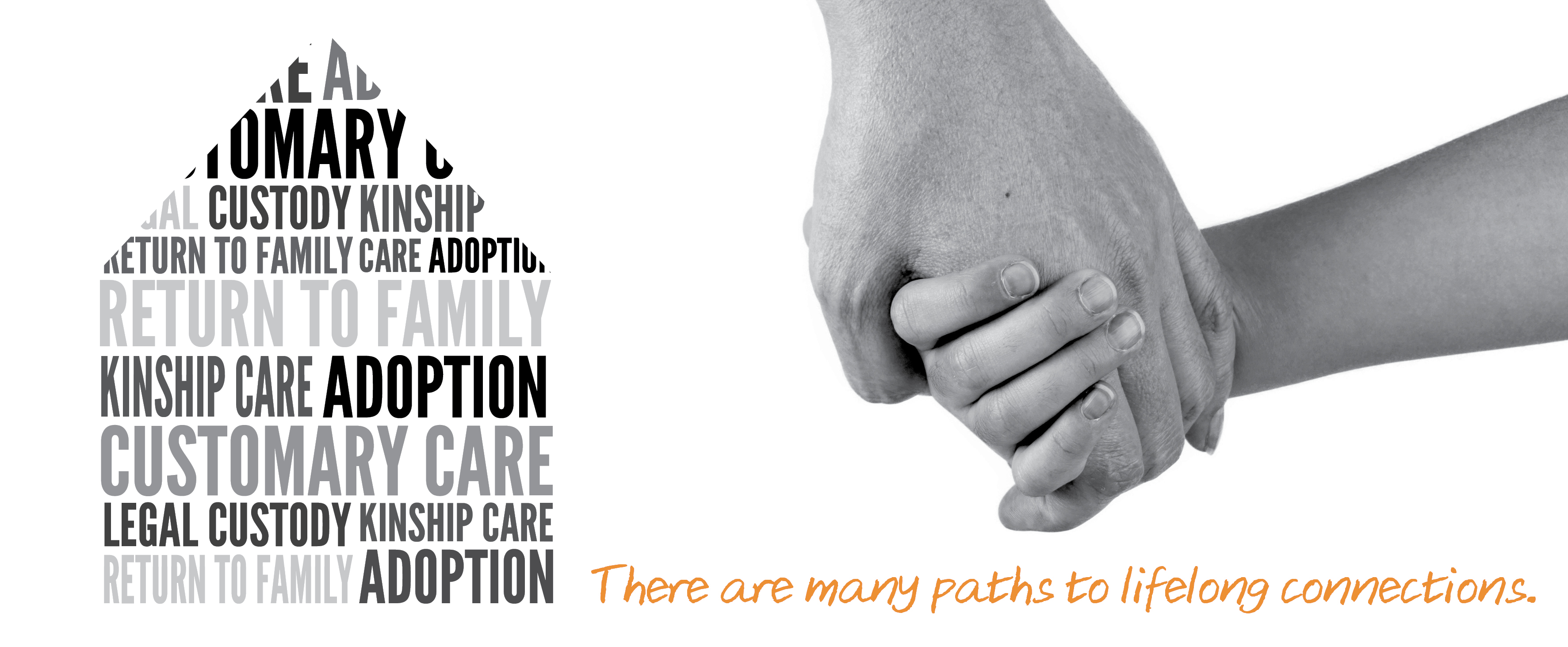 TORONTO — During November the Ontario Association of Children’s Aid Societies (OACAS) and Children’s Aid Societies (CAS) across Ontario will be promoting Adoption Awareness Month to educate the public about the importance of lifelong connections for children and youth in care.
TORONTO — During November the Ontario Association of Children’s Aid Societies (OACAS) and Children’s Aid Societies (CAS) across Ontario will be promoting Adoption Awareness Month to educate the public about the importance of lifelong connections for children and youth in care.
“Every child and youth needs and deserves permanent, long-term relationships,” says Mary Ballantyne, the Chief Executive Officer of OACAS. “Adoption is one very important way in which this kind of relationship can be nurtured. It is also important to realize that there are many paths to lifelong connections and there is no one right answer for every child.”
Children’s Aid Societies currently consider five different “permanency” options when looking at long-term connections for the 7,000 children and youth who are Crown wards in their care. These options include:
- Kinship care, where children are placed with extended family or those who are considered family by the child’s immediate family. Last year a monthly average of 907 children and youth found lifelong connections through kinship care.
- Customary care, which recognizes First Nation, Métis, and Inuit (FNMI) communal traditions of care. Last year a monthly average of 979 children and youth found lifelong connections with caregivers in accordance with the custom of the child’s band or native community.
- Legal custody, where a parent, extended family member, community member or foster parent gains legal guardianship of a child. Last year over 411 children and youth found lifelong connections through legal custody agreements.
- Return to family, where youth in care are supported to reunite with their first families, where possible.
- Public adoption, where a child or youth is legally adopted into a new home. Last year 977 adoptions were completed and 758 children and youth were placed in adoption probation.
CASs are actively looking for families interested in adoption, especially those who have the strengths and skills for children and youth who are older, have siblings, have “open” agreements with their families of origin, and who have complex developmental and health needs.
CASs are also actively looking for caregivers who are interested in providing kinship care and customary care to children and youth in their community.
For more information and to arrange interviews please contact:
publications@oacas.org
